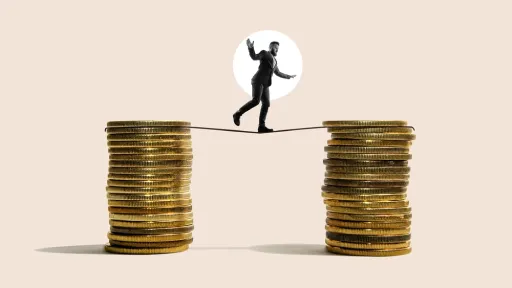Understanding “what does my credit score need to be to buy a house” is crucial in today’s financial landscape where homeownership is a significant milestone and investment. Your credit score not only affects your chances of securing a mortgage but also determines the interest rates and terms lenders offer. In an era of fluctuating housing markets and evolving loan requirements, knowing the credit score needed to buy a house empowers you to plan effectively and save potentially thousands of dollars.
What Does My Credit Score Need to Be to Buy a House? An Overview
Your credit score is a numerical representation of your creditworthiness, which lenders use to evaluate the risk of lending you money. But what exactly is the credit score requirement when seeking to purchase a home? The answer varies significantly depending on the type of mortgage, lender, and loan program.
Credit Score Ranges Explained
- Excellent: 750 and above
- Good: 700 to 749
- Fair: 650 to 699
- Poor: 600 to 649
- Bad: Below 600
Typical Credit Score Requirements by Loan Type
Different mortgage programs have varying credit score requirements, so understanding what does my credit score need to be to buy a house depends on your ideal loan option.
- Conventional Loans: Usually require a minimum credit score of 620. Borrowers with higher scores generally receive better interest rates.
- FHA Loans: Backed by the Federal Housing Administration, these loans accept scores as low as 580, making them accessible for borrowers with less-than-perfect credit.
- VA Loans: Offered to veterans and military service members, VA loans typically have no strict minimum credit score but most lenders prefer scores of 620 or higher.
- USDA Loans: For rural homebuyers, USDA loans often require a minimum score of 640, but some lenders may be flexible.
Factors Influencing What Does My Credit Score Need to Be to Buy a House?
1. Lender Flexibility
Lenders have their own credit score standards beyond the minimums required by loan programs. A higher credit score can strengthen your mortgage application and help you negotiate better loan terms.
2. Down Payment Amount
A larger down payment can offset a lower credit score by reducing the lender’s risk. For example, offering 20% or more upfront can improve your chances even if your credit score is below the ideal threshold.
3. Debt-to-Income Ratio
This ratio compares your monthly debts to your income. A low debt-to-income ratio can sometimes compensate for a lower credit score.
4. Credit History Length and Stability
Having a longer and more stable credit history with consistent payments positively impacts your creditworthiness beyond the score itself.
How to Improve Your Credit Before Buying a House
If your current score falls short of what does my credit score need to be to buy a house, consider the following steps to improve it:
- Check your credit reports for errors and dispute inaccuracies.
- Pay down existing credit card balances to reduce credit utilization.
- Make all payments on time, including utilities and loans.
- Avoid opening new credit accounts before applying for a mortgage.
- Keep older accounts open to maintain a long credit history.
Final Thoughts: What Does My Credit Score Need to Be to Buy a House?
In summary, the credit score you need to buy a house depends on the mortgage type, lender requirements, and your financial profile. Generally, a score of 620 or higher is the baseline for most conventional loans, while government-backed loans offer more leniency. Regardless of your starting point, improving your credit score can unlock better loan options and save you significant money in the homebuying process. Keeping an eye on your credit and understanding lenders’ expectations puts you in control on your path to homeownership.


